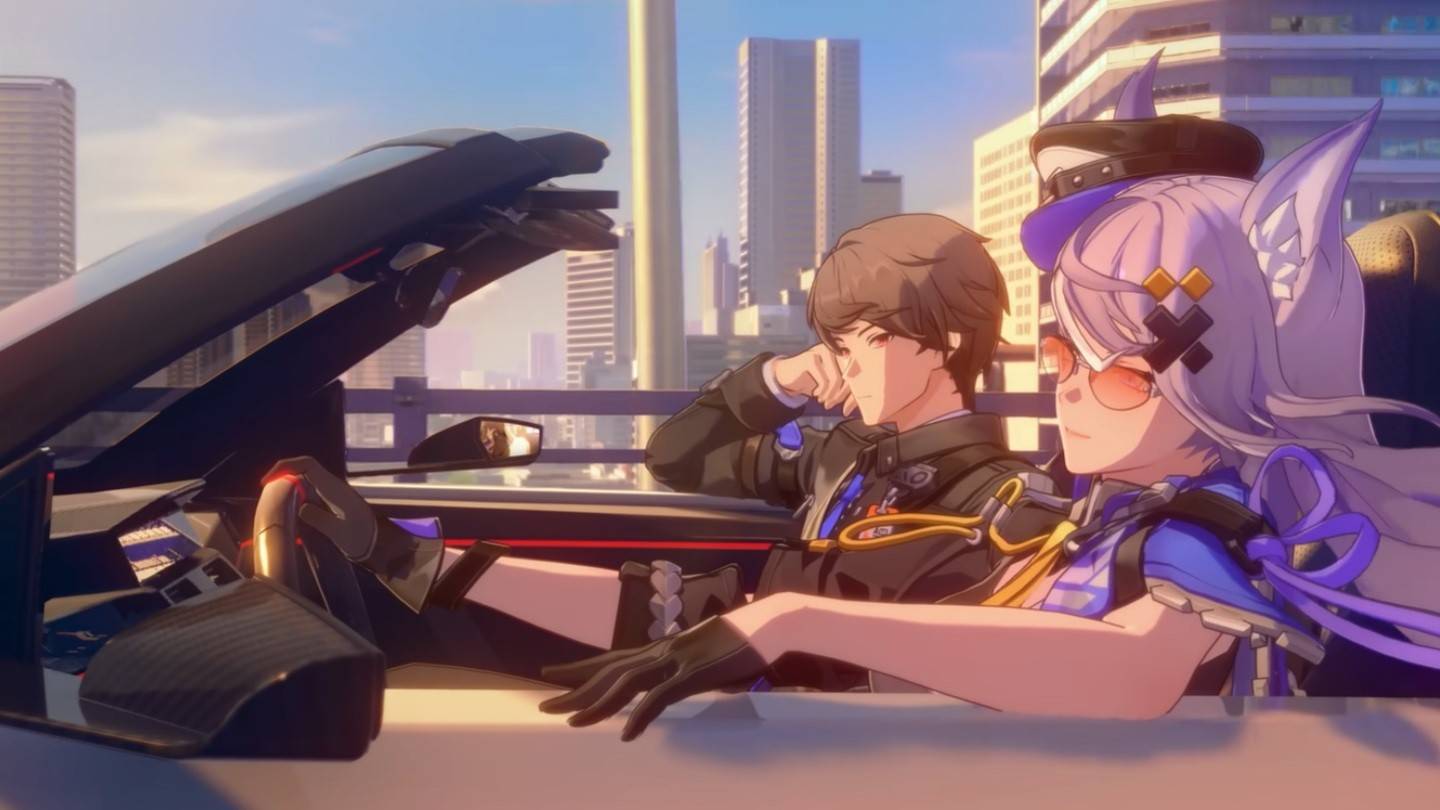Ubisoft has firmly stated that purchasing a game does not grant players "unfettered ownership rights" to it, but rather a "limited license to access the game." This assertion came as the company moved to dismiss a case initiated by two dissatisfied The Crew players who sued Ubisoft for terminating its original racing game last year.
The 2014 release, The Crew, is no longer playable. No version of the game, be it physical or digital, can be purchased or played, as the servers were completely shut down at the end of March 2024. While Ubisoft took steps to develop offline versions for The Crew 2 and its sequel The Crew: Motorfest, allowing players to continue enjoying these games, no such measures were implemented for the original.
Towards the end of last year, two gamers filed a lawsuit against Ubisoft, claiming they were under the impression that they were "paying to own and possess the video game The Crew" rather than paying for a "limited license to use The Crew." The lawsuit creatively likened the situation to buying a pinball machine, only to find it stripped of its essential components years later.
As Polygon reported, the plaintiffs accused Ubisoft of violating several California laws, including the False Advertising Law, Unfair Competition Law, and Consumer Legal Remedies Act, along with allegations of common law fraud and breach of warranty. They also argued that Ubisoft contravened California's law on gift cards, which prohibits expiration dates. Additionally, the gamers pointed out that the activation code for The Crew suggested it would remain playable until 2099, leading them to believe the game would be accessible well into the future.
In response, Ubisoft contested the claims, stating that the plaintiffs had been clearly informed at the time of purchase that they were acquiring a license, not outright ownership. Ubisoft's legal team emphasized that the packaging of Xbox and PlayStation versions contained a prominent notice in capital letters, indicating that Ubisoft might cancel access to online features with 30 days' prior notice.
Ubisoft has filed a motion to dismiss the case. Should the motion fail and the lawsuit proceed, the plaintiffs are seeking a jury trial.
It's noteworthy that digital marketplaces like Steam have started to include explicit warnings to customers that they are purchasing a license, not a game. This change follows a law signed by California Governor Gavin Newsom, which mandates digital marketplaces to clarify that customers are buying licenses to media, not the media itself. While this law does not stop companies from withdrawing access to content, it ensures that customers are aware of the nature of their purchase beforehand.














